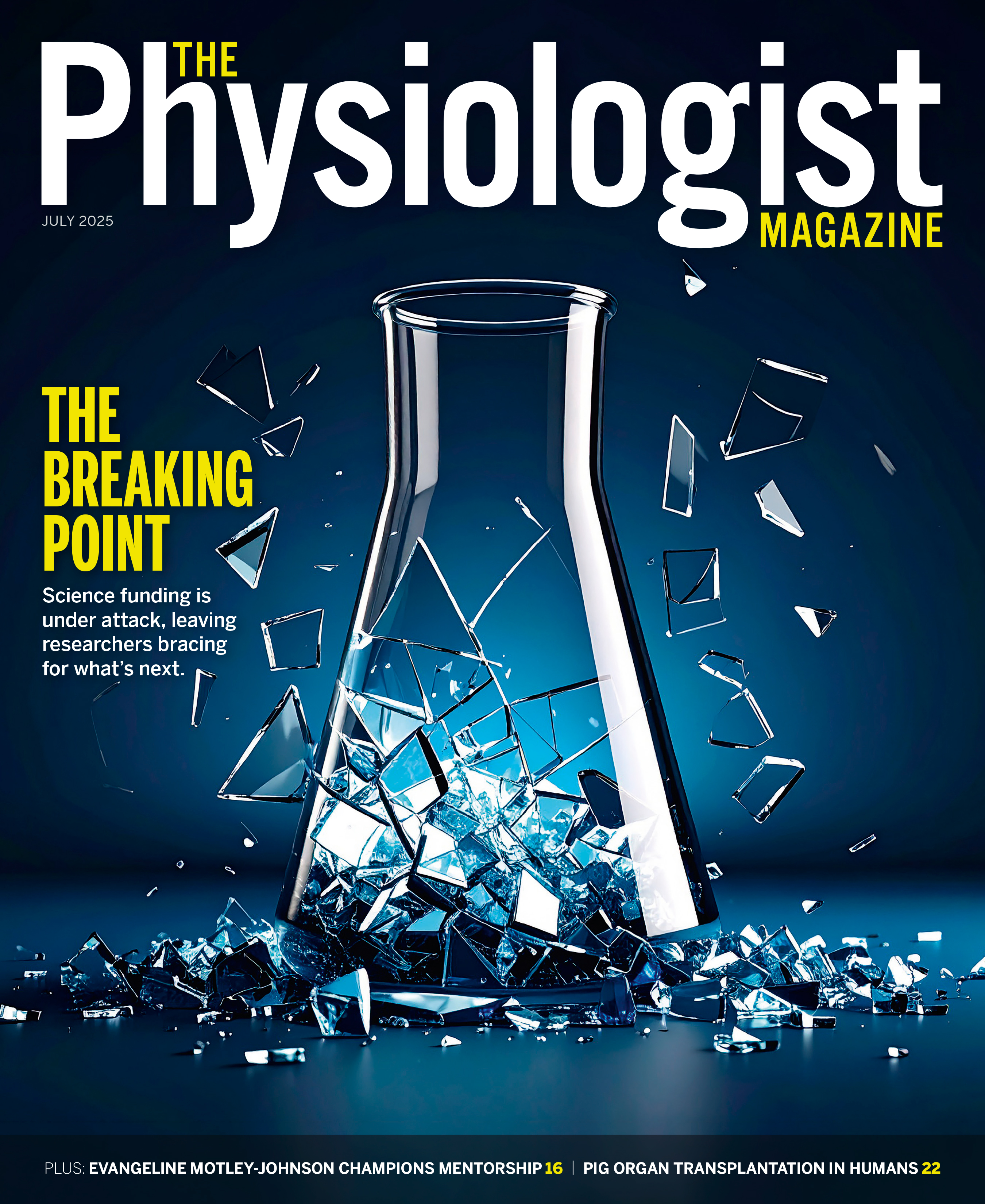Embrace Your Curiosity
By Carrie Northcott, PhD
 “Never stop being curious!” That sentiment
has been a constant throughout my life. Mentors along my journey taught me how to channel that curiosity and test my hypotheses in well-planned studies: “If you can’t write a paper at the end of the study, you didn’t design it correctly.”
This training and guidance have underpinned my career path.
“Never stop being curious!” That sentiment
has been a constant throughout my life. Mentors along my journey taught me how to channel that curiosity and test my hypotheses in well-planned studies: “If you can’t write a paper at the end of the study, you didn’t design it correctly.”
This training and guidance have underpinned my career path.
I’m often asked, “How did I go from agricultural sciences, to pharmacology and toxicology, then safety pharmacology within the pharmaceutical industry, to now leading a team in digital sciences?” The short answer? I was curious. And, I asked questions, pursued, and continue to pursue, hypotheses.
My family, mentors, education and scientific training have taught me how to develop and test hypotheses, regardless of the scientific field I was in and to surround myself with experts. Digital sciences has me asking questions (be curious) and is one way I could help patients and scientists alike. For some time now, digital health technologies (DHTs) have been used within the consumer market, as well as in academic and preclinical research. Therefore, it made logical sense to also apply them for useA in health care.
As you know, there is a prevalence of fitness trackers and “step tracking” devices available for consumers. In fact, recent surveys suggest approximately 1 in 3 U.S. adults own a smartwatch or a fitness band. Moreover, there is a desire to share their data with their health care providers to assist with health care decision-making. So, this begs the question, “Why not use these DHTs and associated novel measures to characterize physiology and inform and improve health?”
The measures obtained from the DHTs can be another way for us to understand various diseases and conditions, as well as evaluate the efficacy of treatments. Often, health care relies on qualitative or point-in-time measures that are performed in a clinical setting. But DHTs provide quantitative, unbiased, continuous data, obtained while someone is going about their daily lives. This enables us to understand a great deal more than how many steps someone did that day. It also looks at aspects of movement, gait, stride and moderate to vigorous activity (power-walking, running or tennis, for example.). This allows us to monitor movement indicative of activities of daily living, such as cleaning the house or gardening.
DHTs can even collect data while you are sleeping, such as how long you slept, number of awakenings and nocturnal scratching. These measures help in deciphering the puzzles of diseases and health, as well as monitoring the efficacy of a treatment.
In my current role, I collaborate with an amazing team from various scientific fields. Together, we bring our expertise to the table to test, develop new ways and assist in implementing DHTs into clinical research, trials and health care.
We evaluate new novel devices, machine learning and artificial intelligence methodologies. And we develop ways to operationalize these novel measures and qualify them for use in clinical trials and health care settings. We do this all while continuing to ask scientific questions: What do these novel digital measurements tell us about the disease or treatment? What are we learning about a certain population? How do measures relate to each other?
I encourage you to stay curious. Ask the questions. Do not be afraid to fail. Surround yourself with experts. And listen and keep pushing forward. We have discoveries to make, diseases to treat and people to help.
Carrie Northcott, PhD,
is head of digital sciences within Biomeasures, Endpoints and Study Technologies (BEST) at Pfizer Inc.
This article was originally published in the November 2024 issue of The Physiologist Magazine. Copyright © 2024 by the American Physiological Society. Send questions, comment or column idea to tphysmag@physiology.org.
The Physiologist Magazine
Read the Latest Issue
Don’t miss out on the latest topics in science and research.
Contact Us
For questions, comments or to share your story ideas, email us or call 301.634.7314.


